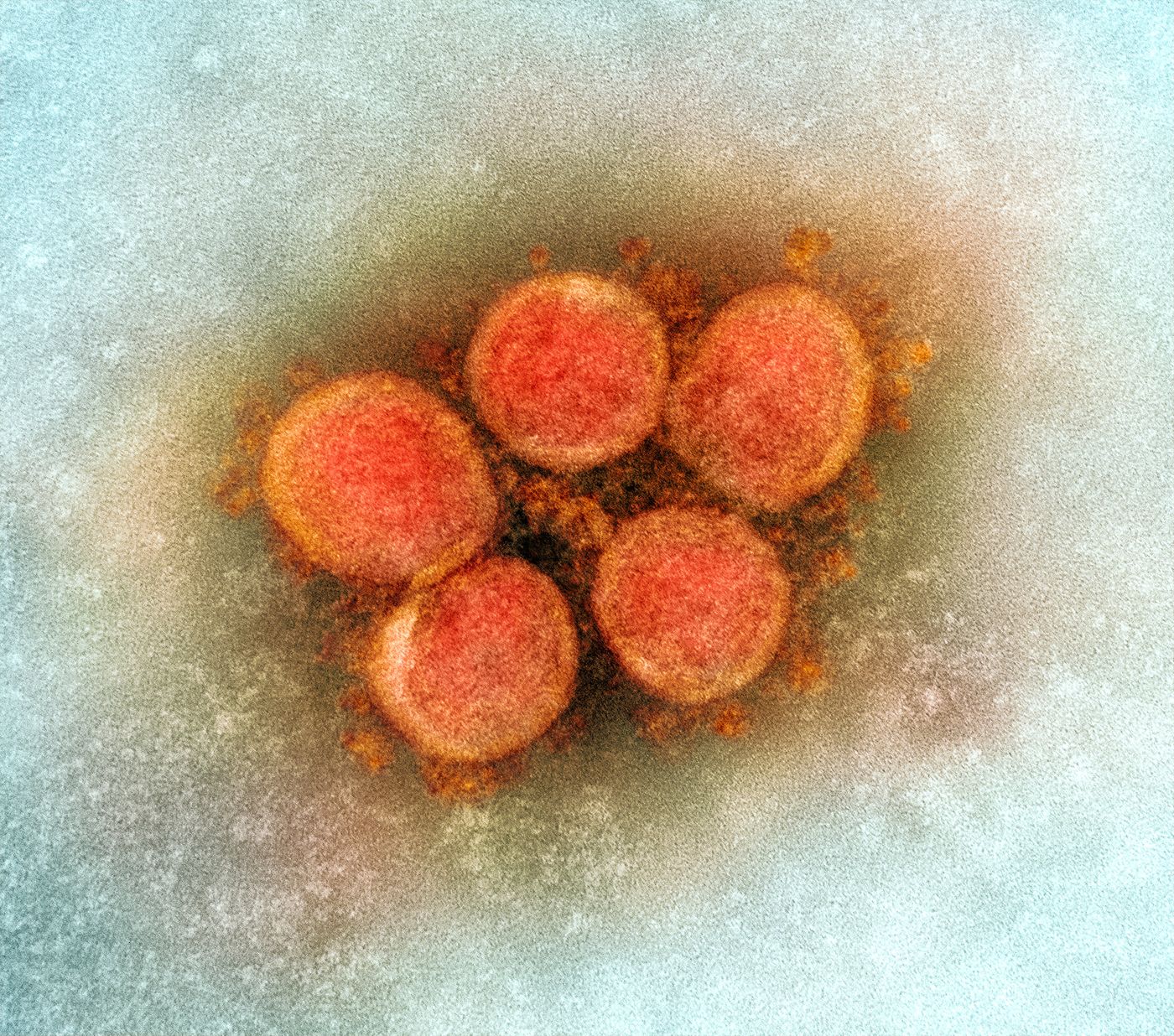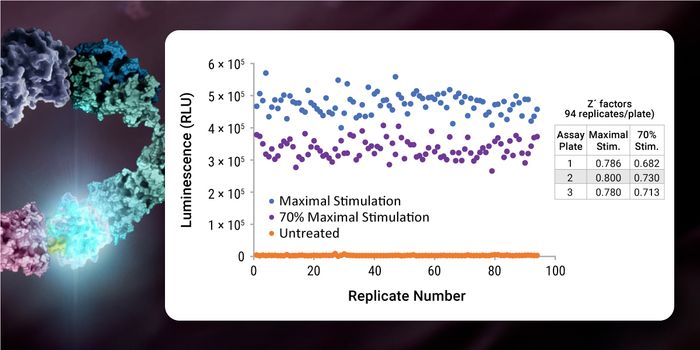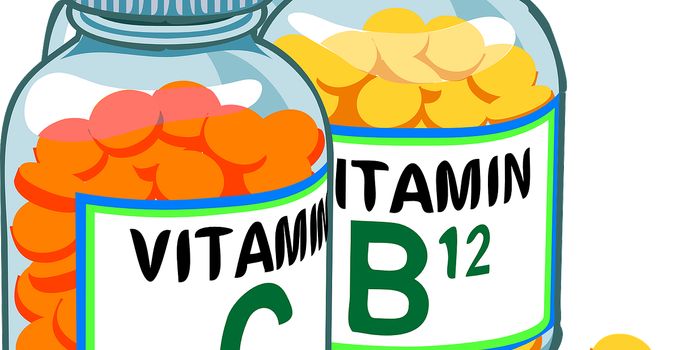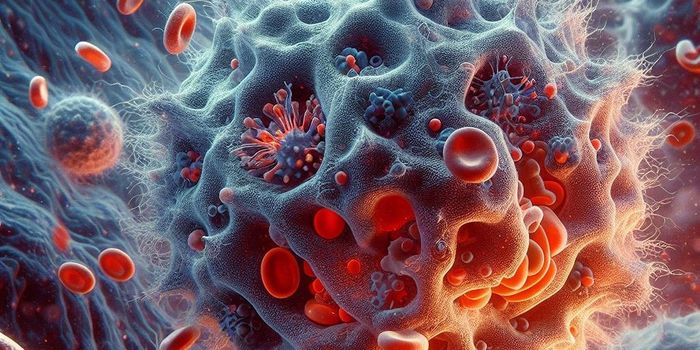Pfizer Claims Their New COVID-19 Pill Reduces Hospitalization Risk by 89%
Current treatments for COVID-19 have to be administered intravenously, so a pill that could treat patients would be hugely beneficial. Merck has created just such a pill, which is under review at the Food and Drug Administration; it's now approved in the UK. The Merck treatment is thought to cut the risk of hospitalization by half. Now Pfizer has created another COVID-19 treatment called PF-07321332 or PAXLOVID™ that comes in a pill form, but they claim that it reduces the risk of hospitalization and death in adults that are considered high risk by 89 percent.
It's still unclear exactly how these treatments would stack up against one another. It's too early to know how similar the patient groups that received the treatments were, making such comparisons difficult if not impossible for now.
Pfizer is applying to the FDA for authorization to distribute their pill as soon as possible. It may take a few weeks or even months before the FDA makes a decision, however.
In Pfizer's study of their treatment, unvaccinated people with health conditions that put them at high risk for hospitalization because of conditions like diabetes or heart disease were enrolled. These COVID-19 patients had mild to moderate cases, and they were given PAXLOVID™ in addition to another antiretroviral drug called ritonavir, or they were put in another group that received a placebo.
This study evaluated patients who got PAXLOVID™ or a placebo when they were treated within three days of their symptoms starting, and within five days of the start. For those being treated within three days, less than one percent (three of 389 people) were hospitalized, and no one died. In the placebo group, 27 of 385 people had to be hospitalized, and seven died.
Those being treated with PAXLOVID™ within five days of the onset of symptoms had similar outcomes. Six of 607 people had to be hospitalized (one percent), and no one died in this group either. Again, about seven percent of the people who got the placebo had to be admitted to the hospital (41 of 612 individuals) and ten people died.
Pfizer noted that PAXLOVID™ appeared to totally prevent death from COVID-19. However, not much information has yet been released about potential side effects, other than to say that the rates were similar between the two groups.
Though vaccination remains the best way to prevent infection, many people have remained unvaccinated. As folks start spending more time indoors during the winter, the rate of infection might rise. As such, COVID-19 treatments that could be dispensed at a pharmacy or in a doctor's office may take a huge burden off the strained healthcare system. It could also help other nations that are dealing with the start of an outbreak in a population that has had limited access to vaccines, if the treatments are distributed equitably.
One detail that's different between the Merck and Pfizer treatments is the safety profile. Women were not included in an evaluation of the Merck pill because of a concern about potential birth defects, while Pfizer's pill did not carry similar concerns. The Pfizer drug is in a class of drugs that are called protease inhibitors, specifically, it's a SARS-CoV-2-3CL protease inhibitor, while Merck's targets the viral genome.
Sources: Associated Press, Pfizer, Inc
-
APR 30, 2024Immuno-Oncology Virtual Event Series 2024
-
MAY 07, 20243rd International Biosecurity Virtual Symposium
-
SEP 03, 2024Microbiology Week Virtual Event Series 2024
- See More


















































